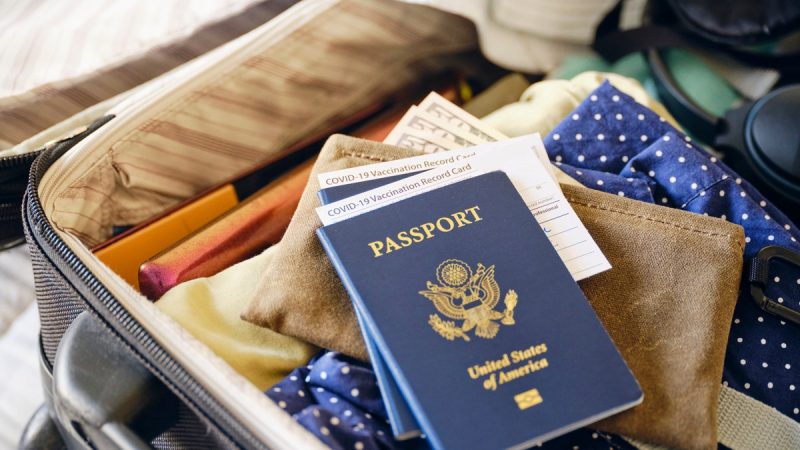Throughout history, the power and privilege attached to the U.S. passport has been seen as an unequivocal symbol of protection and security for American travelers. However, the Biden-Harris administration has recently been accused of failing to uphold the honor of this emblematic ‘blue passport’ by allegedly abandoning American citizens overseas amidst the tumultuous events in Afghanistan, thereby causing some to question if the sanctity of the American passport has been compromised.
The unfolding events in Afghanistan, particularly the disorderly withdrawal of U.S. troops and the subsequent rise of the Taliban, have been a bone of contention for critics of the Biden-Harris administration. The swift and chaotic evacuation process saw many U.S. citizens and allies left behind in a hostile and indeterminate environment, calling into question the efforts of the administration in ensuring the safety of its own citizens abroad.
A prime example showcasing the concerns of these critics is the case of the Sacramento community that was left stranded in Afghanistan. This community, many of them U.S. citizens and green card holders, had traveled on their own accord to Afghanistan to visit their relatives. But the sudden turmoil led by the rising power of the Taliban left them stranded with seemingly scarce assistance from the U.S. officials in repatriation.
In such a scenario, critics argue that the ‘blue passport’ failed to offer the protection and security it is thought to represent. Supporters of this perspective contend that, in the light of international principles of diplomatic protection, the host country has an obligation to safeguard its citizens abroad. Can the U.S., given its position as a global power, ignore this international obligation and its moral duty towards its citizens?
Similarly, in a time when upholding values of democracy and human rights is paramount, the question arises as to whether the U.S. is neglecting its duty to protect women, children, and minorities, who remained in the war-torn country.
Criticisms aside, it is crucial to acknowledge the complexity of the situation in Afghanistan. While the accusations levied hold weight and cannot be ignored, it is necessary to understand that organizing evacuation efforts amidst political chaos is an arduous task. The Biden-Harris administration’s efforts subsequently rescued over 120,000 people, although it is acknowledged that several individuals, including Americans, remained stranded.
However, the incident raised substantial questions and highlighted a fundamental issue: that the promise of protection tied to the ‘blue passport’ requires unwavering commitment. Uncertainty surrounding the safety of American citizens abroad could potentially undermine the perception of the U.S. passport’s prestige and power, both domestically and internationally.
The government’s obligations towards its citizens are to be honoured, no matter where they may be. Rebuilding trust in the power of the U.S. passport will necessitate renewed emphasis on the importance of protecting all American citizens, regardless of their location.
As the dust begins to settle, it is important to learn from these incidents to ensure they are never repeated. To preserve the strength of the ‘blue passport’, the focus of the U.S. government should return to assuring the security and safety of its citizens across the globe. To fail in this duty not only diminishes the symbolic power of the passport but also erodes the principles upon which the United States






























